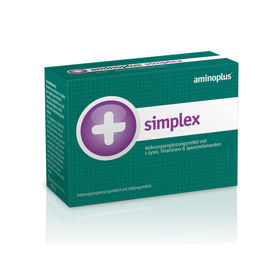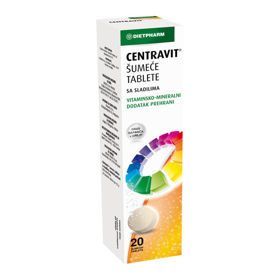Customer Question:
What are electrolytes? Question from an anonymous customer
Pharmacist's Answer:
Electrolytes are compounds that dissolve in water and form ions in solution, i.e., chemical forms that carry an electrical charge. Electrolytes are crucial for the proper functioning of the body, as they enable the transmission of electrical signals between cells, maintain fluid balance and control many vital processes, including metabolic ones, while also playing a key role in the proper functioning of the nervous system, muscle contraction and in regulating blood pressure and the pH value of body fluids. Electrolytes are found in body fluids such as blood, lymph, urine, and inside and outside cells.
Various electrolytes are found in the body, the most important of which are sodium, potassium, calcium, magnesium, chloride, phosphate, and bicarbonate. Each has specific functions. For example, sodium helps maintain fluid balance and blood pressure, potassium is essential for normal muscle and nervous system function and regulates heart rate, calcium and magnesium are essential for muscle contraction and bone function, and chloride helps regulate pH and fluid balance in the body.
Electrolyte balance is essential for maintaining proper body function. If electrolyte imbalance occurs, it can lead to serious health problems. For example, a potassium deficiency (hypokalemia) can cause muscle cramps, fatigue, and even heart arrhythmias, while a sodium deficiency (hyponatremia) can cause confusion, seizures, or even death. However, excessive sodium intake (excessive salt intake) can increase blood pressure and the risk of heart disease.
Sufficient fluid intake is also essential for electrolyte balance. When the body loses fluids due to fever, exercise, vomiting, or diarrhea, electrolyte levels can change rapidly. Electrolytes are usually lost through sweat, urination, or other bodily secretions. For this reason, it is essential to drink fluids regularly during strenuous physical activity or in hot weather, and if necessary, rehydration drinks containing electrolytes or water with mineral salts. Some foods, such as bananas, spinach, raisins, beetroot, oranges, dairy products, eggs, rice, and potatoes, also have a beneficial effect.
In modern life, electrolyte problems are increasingly common. The consequences of a significant deficiency can be dire, as electrolyte imbalance affects the functioning of the heart, muscles, and nervous system. Therefore, it is essential to be aware of the importance of electrolytes and ensure their proper balance, either through a balanced diet or by using rehydration drinks in case of increased fluid loss.
Interesting reading: DEODORANT
Interesting reading: VAZELIN FOR THE FACE










 Facebook
Facebook
 Instagram
Instagram
 info@moja-lekarna.com
info@moja-lekarna.com

